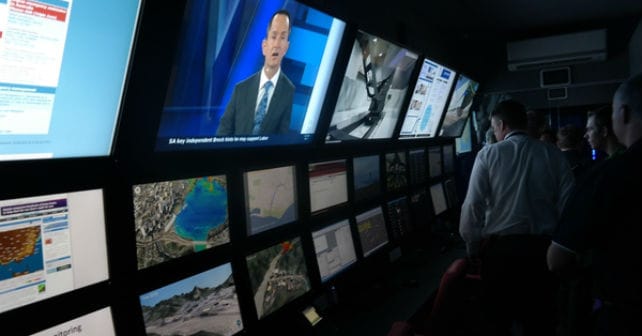Do you know what to do with grid computing?
 Every year, someone brings out a new media angle on grid computing.
Every year, someone brings out a new media angle on grid computing.
If you don’t know what grid computing is, think of lots of computers linked up anywhere in the world, to make one big computer. Or imagine parts of the internet hooked up to be used as one massive supercomputer.
Question is, what do you with it?
Every year there seems to be a new idea. This year, a group called Grid Computing Now has set a competition to see what environmental uses it might have.
Backed by Microsoft, Intellect, The British Computer Society (BCS), The 451 Group, WWF (not the wrestlers), and the Technology Strategy Board, the group has set a challenge to propose ideas for using grid computing to solve an environmental issue.
The competition has two entry tracks – professional and non-professional.
Now then – check out this list of bad boy prizes… 😉
Prizes include: free one-year membership to the British Computer Society – wooya
A mentor from industry to help the winner progress their idea…could be useful
A week long internship at the National e-Science Centre at the University of Edinburgh… Where do I sign?
A Sony VAIO or Xbox 360 and a one-year limited subscription to The 451 Group’s EcoEfficient and Grid services research...Two out of three ain’t bad.
“Entrants will be judged primarily on their solution’s feasibility, scope and creativity. Grid computing, a service for sharing computer power and data storage capacity over the Internet, can be applied to any environmental issue that stands to benefit from a huge amount of raw processing power to calculate massive data sets. Entrants have the chance to be very creative.
The basic information, entry forms and rules of the competition will be posted on the Grid Computing Now! website where entrants will be asked to log in and create an account. There will be three stages to the competition: an initial proposal of 1,000 words, an apprentice workshop; where finalists can speak to grid architects and academics to develop their ideas, and the final presentation at The British Computer Society on December 1st 2008.”
Judges include:
Anne Trefethen, Oxford e-Research Centre (OERC)
Kate Craig Wood, Managing Director, Memset
Jerry Fishenden, National Technology Officer, Microsoft UK
John Barr, Research Director, The 451 Group
Liam Newcombe, BCS Data Centre Specialist Group
Dennis Pamlin, Global Policy Advisor, WWF
John Whittall, Lead Technologist for Environmental Sustainability, Technology Strategy Board
If you want to enter the competition, which in all seriousness could land you in some very good company, go to this website…




